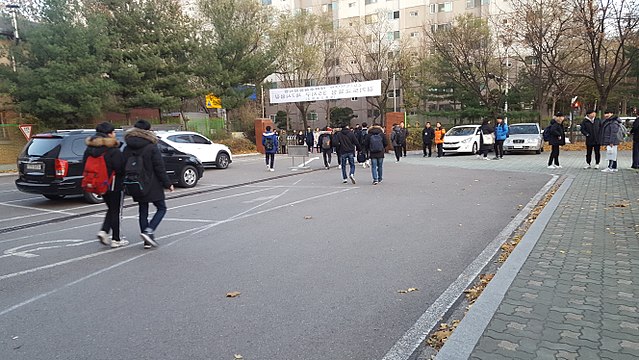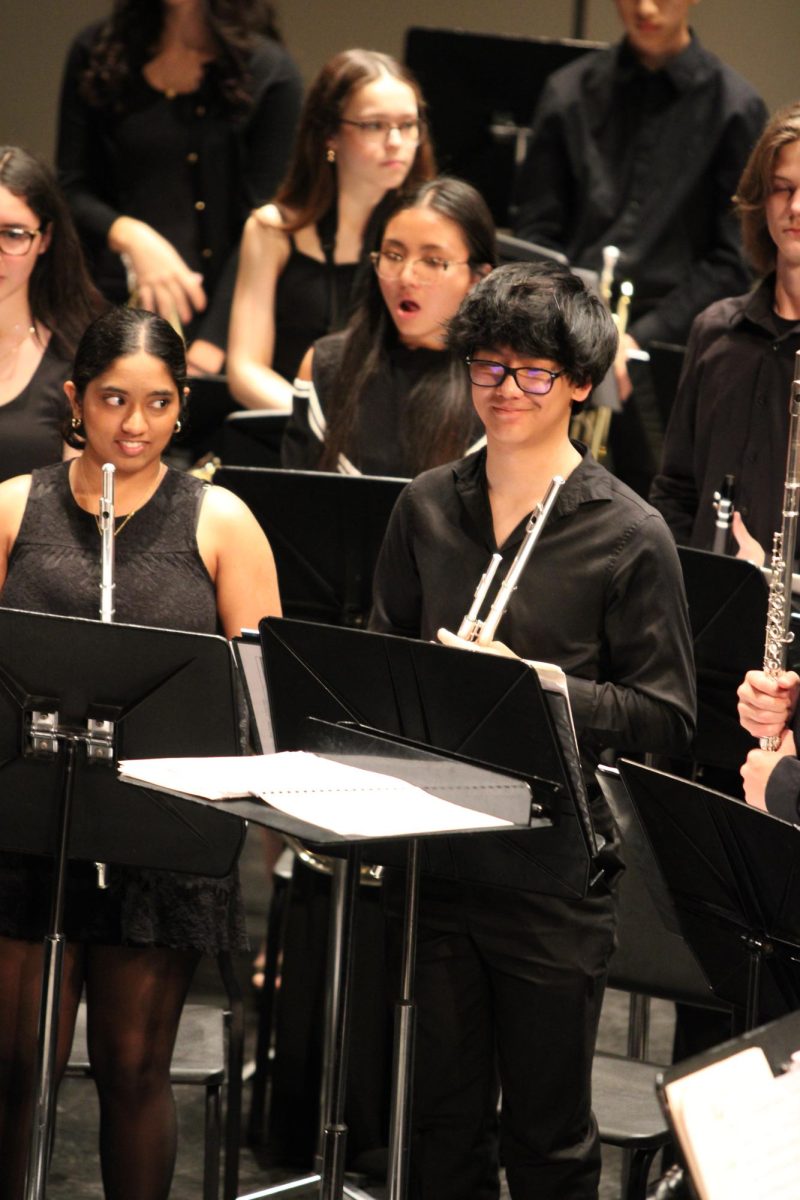As a graduating senior in Hinsdale Central’s class of 2024, I have now undergone the provocations and despondency that comes with college applications. While the application process can be grueling, one could argue that what comes afterwards is the most discouraging part of a students’ high school experience.
At Hinsdale Central specifically, the pool of applicants is uniquely intelligent, causing the competition to be extremely elevated. Many people find it easy to overlook the fact that this is placing a major disadvantage on Hinsdale Central’s students.
Yes, Hinsdale Central provides an education that is close to perfect. Its courses not only prepare students for college, but they also display an outstanding assortment of Advanced Placement (AP) options to choose from. About 1,629 students participate in AP courses at Hinsdale Central, and of these students, 79% passed their AP exams, providing them with a college credit.
Some may even say that Hinsdale Central is known for sending students to “good colleges.” While all of this is true, it is important to acknowledge the students who are being hurt by these statistics.
Most colleges have a very specific procedure when it comes to incoming applications and how to handle them. The majority of schools have a maximum number of applicants that they are able to accept from one school. For a Hinsdale Central student who is in regular classes and gets good grades, being pinned against another Hinsdale Central student who is in all AP classes and also gets good grades clearly places them in the minority.
Schools should stop making students of the same school compete against each other where smart students in regular courses are rarely succeeding. Instead, colleges could take an average number of students they are able to accept from each state and combine those applications to create a fair pool of students.
Of the students in 2023 that participated in regular courses at Hinsdale Central, 40.8% are exceeding the performance level of the ELA portion of the SAT. 36.4% are exceeding the performance level of the math portion. This is extremely impressive when comparing this to other high schools.
For example, of the students in 2023 that participated in regular courses at Westmont High School, 20% are exceeding the performance level of the ELA portion of the SAT. 9% are exceeding the performance level of the math portion. Even with these facts, more students from Westmont are being accepted every year because of the lower competition levels they are applying against.
I personally have felt the effects of this unfair college acceptance process after competing with my friends to get into schools that are not out of reach for me, getting overlooked due to my lack of participation in AP courses.
There may be some students, parents, or college administrators who do not find the current situation to be flawed. After all, don’t the students in AP courses work harder? Not necessarily. Sure, AP classes are rigorous, but they are meant for students who are learning at a faster pace.
From as early as grammar school, students are placed in classes that differ between standard, advanced and accelerated. From that point on, it is unlikely for a student to switch placements. If you are being taught at one pace for most of your life, how should you be expected to change in order to compete with your classmates?
This is a topic that is not discussed nearly as much as it deserves to be. Yearly, students are finding themselves being rejected from schools that were supposed to be in reach for their credentials. It is crucial to begin to speak out against this.
There are many other options for a new and improved acceptance process for universities. Having an uniquely intelligent pool of students should no longer be a disadvantage for those who succeed in regular courses. Every student deserves recognition.
















